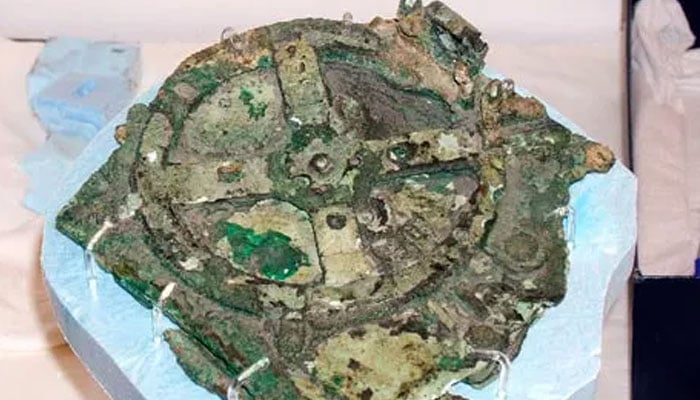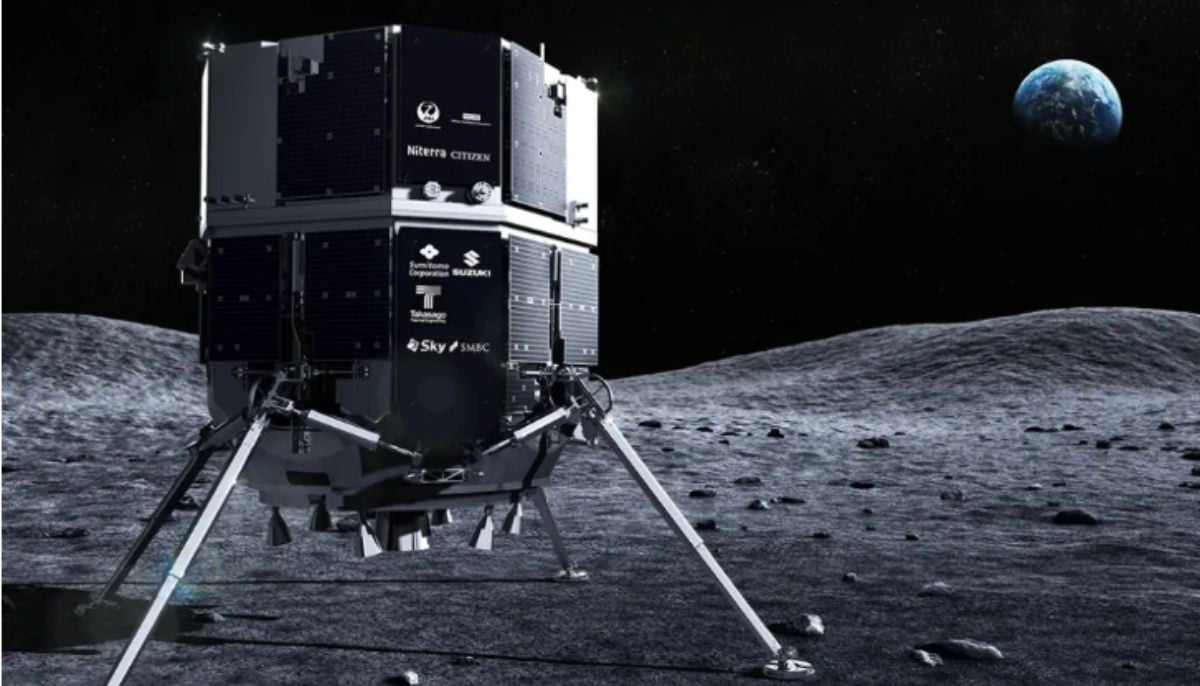2000-year-old 'computer' leaves scientists puzzled
According to research, although it appeared to be quite straightforward, mechanism was technologically ahead of its time
The discovery of the extraordinarily intricate wreck of a 2,000-year-old "computer" has left scientists puzzled.
Discovered from inside a Greek shipwreck in 1901, the Antikythera mechanism, an astrological calendar, has been termed "the first computer" and has amazed researchers ever since.
The timepiece, a hand-powered time-keeping instrument, used a wing-up system to track the celestial times of the sun, moon, and planets. It served as a calendar as well, recording lunar phases and eclipse dates, Indy100 reported.
Although it appeared to be quite straightforward, the mechanism was actually technologically more advanced than any tool created over the following 1,000 years.
Experts at University College London conducted research into the device using 3D computer modelling to help them unravel its workings and show a "genius innovation."
Adam Wojcik, a materials scientist at UCL, said at the time: “We believe that our reconstruction fits all the evidence that scientists have gleaned from the extant remains to date.”
According to their theory, as the ancient Greeks thought the sun and planets rotated around Earth rather than the sun, the gadget is believed to track the motion of the sun, moon, and planets on concentric rings.
"Solving this complex 3D puzzle reveals a creation of genius—combining cycles from Babylonian astronomy, mathematics from Plato's Academy, and ancient Greek astronomical theories," the researchers said in Scientific Reports.
-
Archaeologists recreate 3,500-year-old Egyptian perfumes for modern museums
-
Smartphones in orbit? NASA’s Crew-12 and Artemis II missions to use latest mobile tech
-
Rare deep-sea discovery: ‘School bus-size’ phantom jellyfish spotted in Argentina
-
NASA eyes March moon mission launch following test run setbacks
-
February offers 8 must-see sky events including rare eclipse and planet parade
-
New study reveals biodegradable chip aims to reduce e-waste and air pollution
-
Scientists unveil new robotic mission for the moon
-
NASA reschedules Artemis II rehearsal due to Florida arctic outbreak












